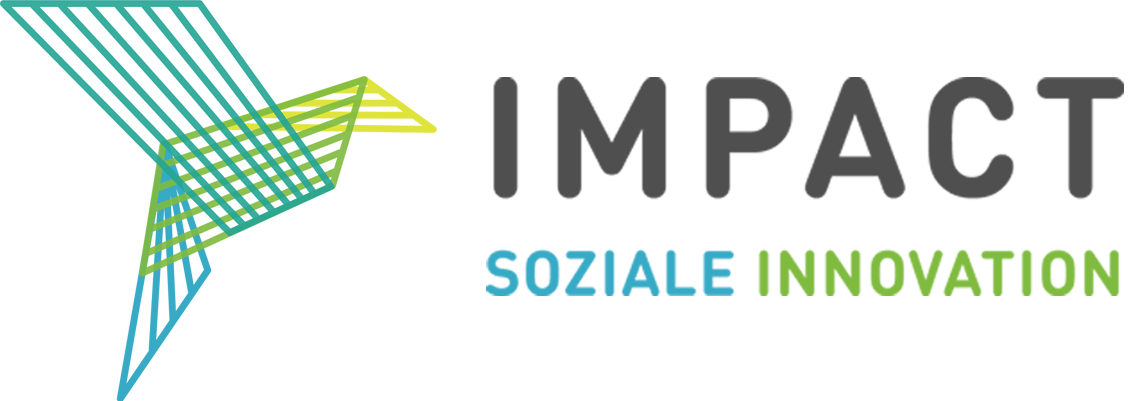Alexander Frey (Uni Augsburg) was the first speaker that day. He presented results of an extensive, structured review of literature on the sharing economy from different disciplines. On this basis, Alexander Frey and his co-authors have developed a framework for mapping out different perspectives on the sharing economy (e.g. gig economy, collaborative economy, gift economy). The framework might not only contribute to a better understanding of sharing economy research, but it also allows positioning existing sharing business models within it and identifying potentials for new business models.
In the second talk, Anja Herrmann-Fankhänel (TU Chemnitz) presented initial results of her study of the potential contribution of the sharing economy for social sustainability. As a first step, she analyzed the terms and conditions sections of the websites of sharing organizations to see how these organizations present and position themselves with regard to different aspects of social sustainability. One observation is that based on their terms and conditions, sharing organizations act to a large extent in accordance with social sustainability demands. Anja Herrmann-Fankhänel then opened up the discussion with the plenum on the question how potential deviations could be observed and captured empirically. The plenum discussed possible conceptual and methodical approaches to interpret the data and collect additional data.
Frederik Plewnia (TU Dresden) was next and presented the results of his study of selected sharing economy models in the energy sector. To do so, he used a typology of sharing economy activities he developed in an earlier step. The typology captures the market model (B2P, P2P, for-profit/non-profit) and the type of the shared good (from tangible to intangible). Applying this typology to the energy sector on the one hand proves its relevance. On the other hand, it enhances the understanding of current efforts in the energy sector. One important aspect of the plenum discussion was the role of collaboratives (“Energiegenossenschaften”) in this context and on whether and how they could be considered in the study.
Chintan Kella (LIUSS Rome) started his presentation with some anectodical evidence on how different sharing models are perceived differently across institutional contexts. Taking the example of Uber he pointed out that while highly criticized in European countries with strong formal institutions in the mobility sector, the openness towards this business model is higher in contexts where such institutions are lacking. In the second part of his presentation, he talked about his ongoing extensive case study of Auroville – the experimental community township that describes itself as “devoted to an experiment in human unity”. He described different mechanisms of community-level governance, and how concepts such as common ownership or local currency are used. Interestingly, the first question from the plenum was how one could become a citizen of Auroville J. The plenum then discussed, on the one hand, what sharing organizations could learn from this community and, on the other hand, which theoretical concepts (e.g. institutional entrepreneurship) could help to makes sense of the observations.
The final presentation was held by Susanne Pankov (HHL Leipzig). She studies how different contextual factors influence the behavior of entrepreneurs. Do certain contextual factors encourage sustainable actions? In her study, Susanne Pankov conducted semi-structured in-depth interviews with founders and representatives of sharing ventures from different industries. One observation was that sharing entrepreneurs acting in a sustainable way, aim to stay independent of investors because they fear that they might diminish their possibilities to take sustainable actions. In addition, Susanne Pankov observed that network relations seem to have a positive effect on sustainable actions. The plenum used the rich qualitative study to discuss methodological aspects (e.g. How do you deal with a theoretical framework when you open code interview data? At which level of aggregation do I present my results?) and different theoretical approaches to conceptualize the context or environment of organizations.
Overall, the presentations stimulated lively discussions about the different perspectives on the sharing economy. Different methodological approaches as well as theoretical and conceptual approaches were debated during the day – and still at the joint dinner! The hope that the workshop gave the presenters a possibility to receive helpful feedback on their research projects. We are looking forward to hear how you progressed with your work! We also hope that all other participants enjoyed the presentations and discussions. We from i-share did very much! We want to thank all the participants for their presentations and/or the valuable contributions during the day. We very much look forward to welcoming you all again in Mannheim at the 5th International Workshop on the Sharing Economy next summer!


